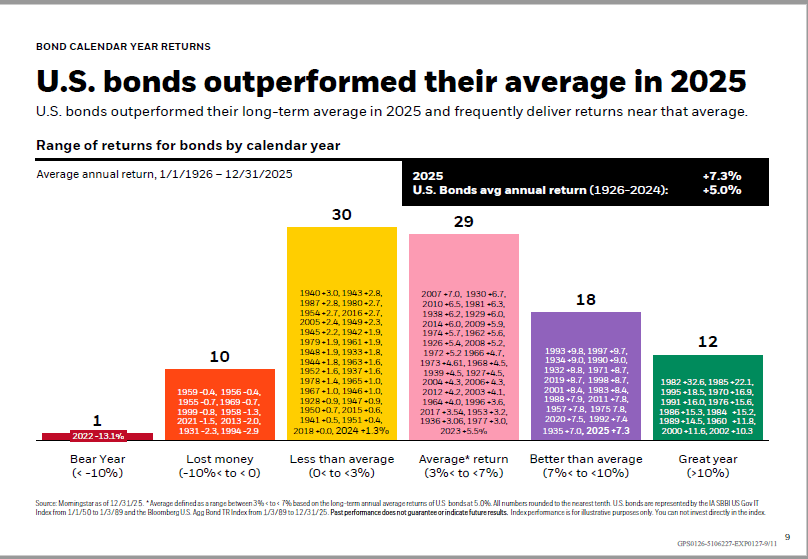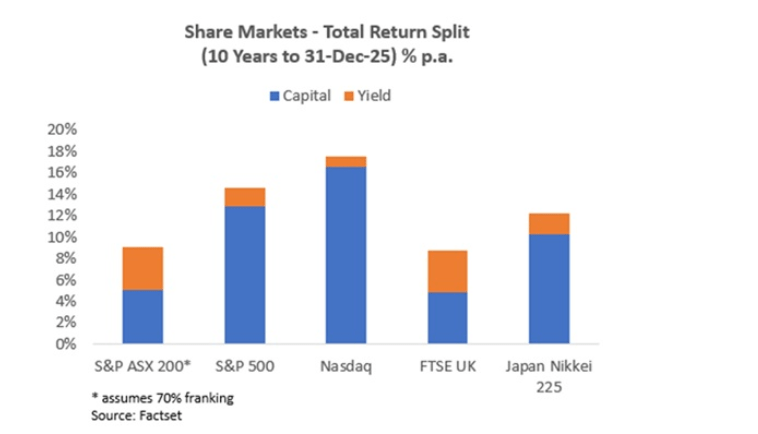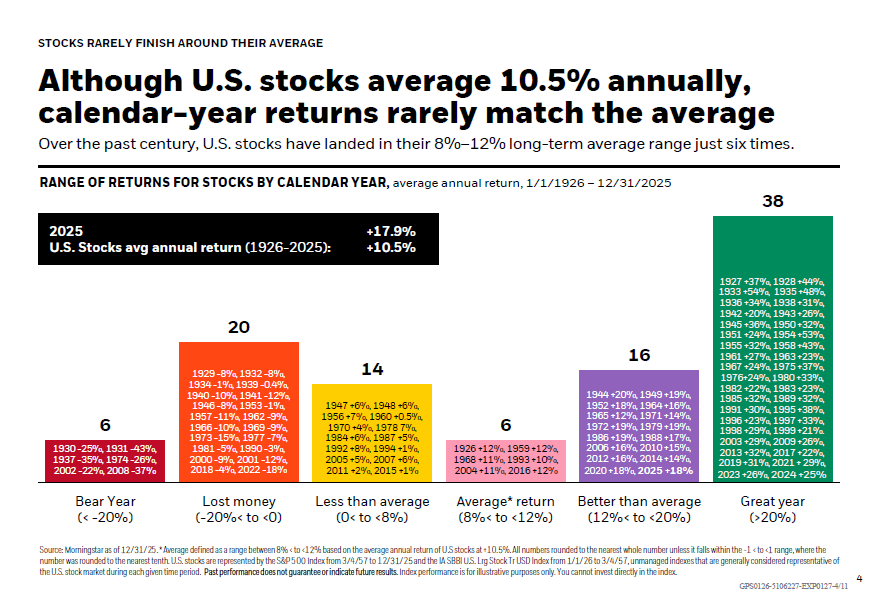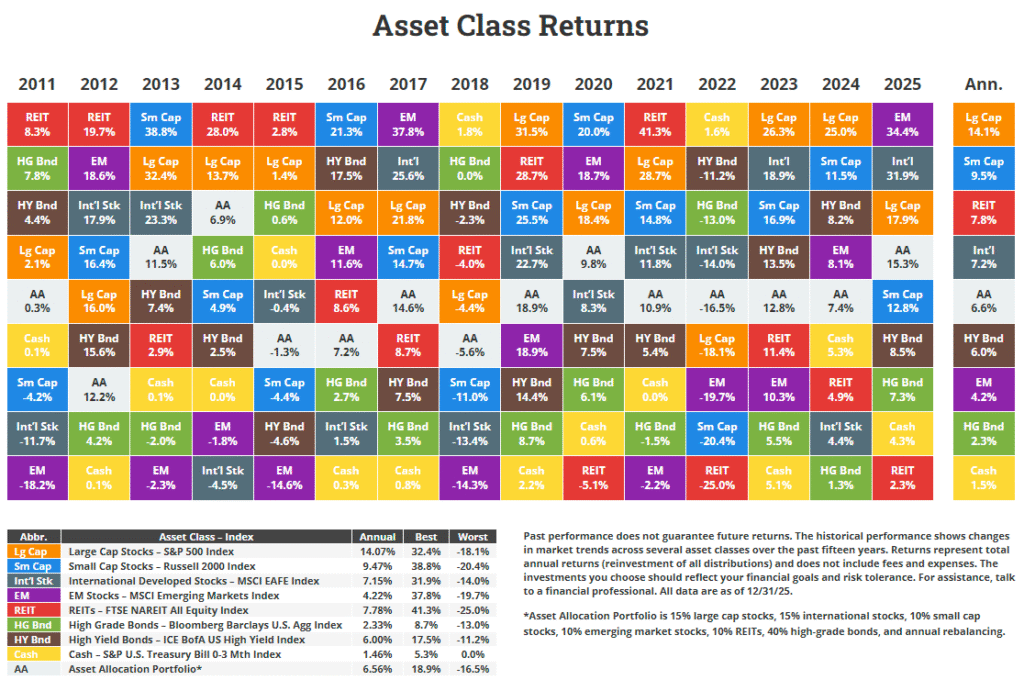Investors should not panic and sell their holdings during times of extreme volatility in equity markets especially due to a global crisis. I wrote an article earlier this year discussing why panic selling is not good. During times of times of a crisis it is best to stay clam and not do anything. I wrote a couple of articles related to this topic which can be found here and here.
From an article in The Wall Street Journal earlier this month discussing this topic:
The best course of action during a crisis: Remain calm and don’t sell. If you are bold, you could even use it as a buying opportunity.
Consider a study of 51 notable crises since 1900 conducted by Ned Davis Research, a quantitative-research firm in Venice, Fla. While any exercise of this type involves making many judgment calls, the list does include all the major suspects—from the outbreak of major conflicts (including Pearl Harbor and the Korean War), to serious threats of war (such as the Cuban missile crisis and the Sept. 11, 2001, terrorist attacks), to the 1987 stock-market crash.
Not surprisingly, the Dow Jones Industrial Average immediately fell during the 51 events, losing an average of 6.7%. The market’s low in the immediate wake of those crises more often than not marked the extent of the decline, however. Six months later, the Dow on average was higher than where it stood before the outbreak of those crises.
Source: Why It Pays to Keep Calm in an International Crisis, The Wall Street Journal, May 2-3, 2014
The article noted that after Iraq invaded Kuwait in August 1990, the Dow Jones fell 13.3% the day after. However six months later it was up by 16.3%. Similarly the index fell immediately after other geo-political events such as JFK assassination, invasion of Afghanistan by USSR, Suez Canal crisis, etc.
Hence based on historical data, if Russia gets involved militarily in the current crisis in Ukraine global equity markets will fall immediately due to investors’s knee-jerk reaction but after the dust settles a weeks later markets will recover.
Related ETFs:
- iShares MSCI Emerging Markets Index ETF (EEM)
- Vanguard Emerging Markets ETF (VWO)
- SPDR S&P 500 ETF (SPY)
- SPDR STOXX Europe 50 ETF (FEU)
- SPDR DJ Euro STOXX 50 ETF (FEZ)
Disclosure: No Positions



